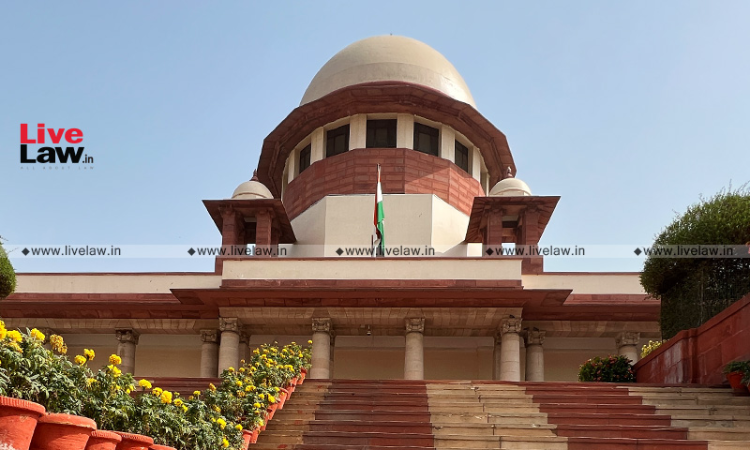The Supreme Court recently reaffirmed the paramount importance of eyewitness accounts in criminal trials. The Court relied on Darbara Singh v. State of Punjab (2012) 10 SCC 476 and Anvaruddin v. Shakoor 1990 (3) SCC 266 to emphasize the importance of ocular evidence over the opinion of medical experts. The judgment underlined that eyewitness testimony, even if not detailed in every aspect,...

